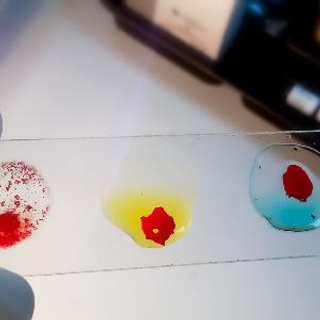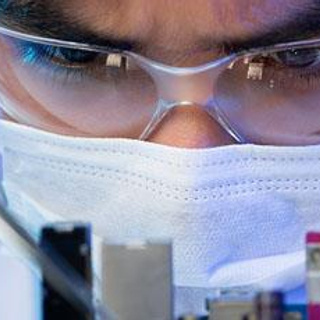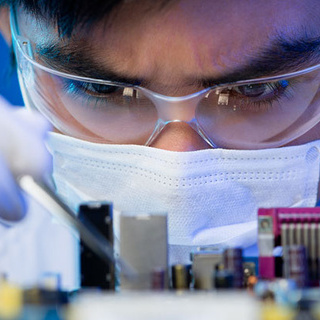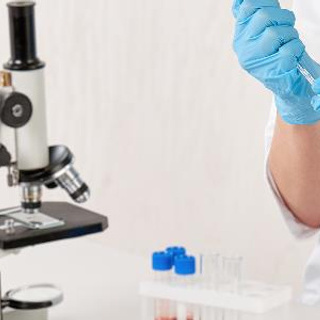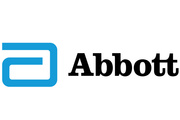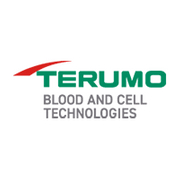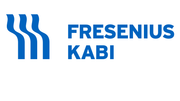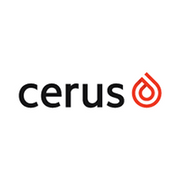Course 2. Antigen-antibody reactions in the laboratory
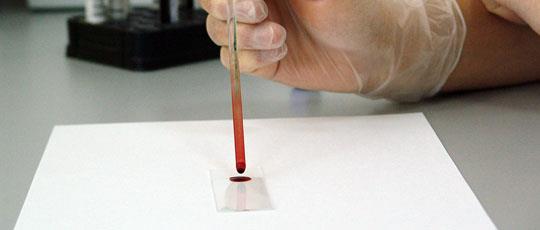
About the course
In this second course we build on knowledge of antigen-antibody reactions, focusing on aspects that help us understand reactions observed when testing in the laboratory. Content includes exploration of inherent properties of red cells, antigens and antibodies that impact antigen-antibody reactions. The course also looks at environmental conditions that influence antigen-antibody reaction occurrence and strength, and the ways reaction environments can be adapted to enhance detection of reactions.
Course progress
The course is fully online and self-paced. You may complete the course in one sitting or start and stop over multiple sessions that suit your circumstances. A mark of at least 60% is required to achieve a pass on the quizzes. You can revise the content and take the quizzes multiple times until a pass is achieved, demonstrating your grasp of the content.
Course units
The course should require one to two hours to complete, and includes the units:
- Factors affecting antigen-antibody reactions
- Use of proteolytic enzymes
- Use of high molecular mass and low ionic strength solutions
- Use of labelled antibodies
- The role of complement
Accreditation
This course is accredited by European Board for Accreditation in Haematology (EBAH). You can earn 1.5 CME points for completing it.
To claim CME points, you need to create a CME account with EBAH. Please read more about this here.
Target group
This course provides education on antigen-antibody reactions at an introductory level for learners who are entering the field as laboratory technicians, scientists or clinicians and is on topics demonstrated to be of interest and importance in a range of countries.


